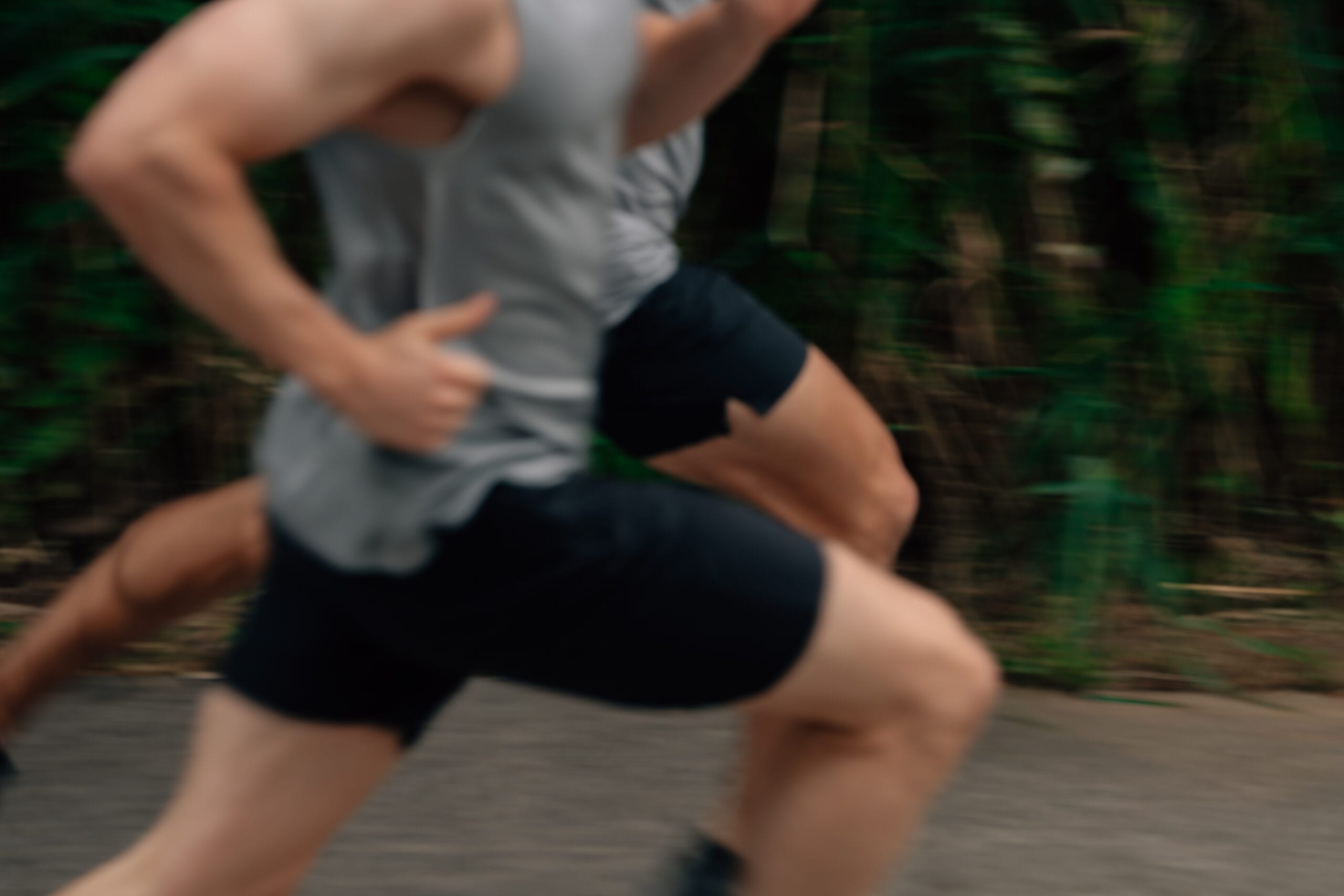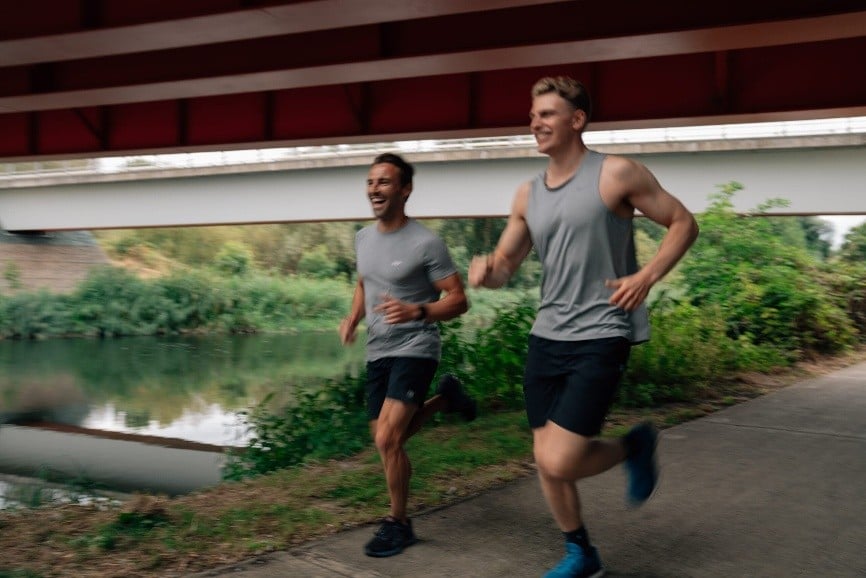Your Marathon Nutrition Questions Answered

Dr Linia Patel
Women’s Health Dietitian & Performance Nutritionist
- 4 April, 2017
- Running
- 3 min read
Your Marathon Nutrition Questions Answered

1. What foods should I be avoiding altogether when training for a marathon?
Avoid alcohol. Sad but true. Alcohol dehydrates you, delays recovery and also plays havoc with your bowel function. Look forward to having celebratory drinks after your event (assuming you have had a good recovery meal first, of course!).
2. What foods can you eat to help prevent cramps?
There are a number of reasons for cramping, so there is no single answer or cure. The main nutritional reasons for cramping include sodium depletion and dehydration, so it’s important to keep on top of your hydration. Cramping has also been linked to magnesium deficiency. However, if you start popping any magnesium supplements, it is important to get advice from a registered dietitian or nutritionist. Foods such as oats, mixed nuts and seeds, as well as dark green leafy vegetable,s are good sources of magnesium to include in your diet.
3. What’s the hype about beetroot juice?
Beetroot juice is naturally high in dietary nitrates. There is now solid evidence that shows that increasing nitrate concentration in your blood lowers the energy cost of endurance exercise (i.e. the muscles become more efficient). However, remember that you should only dabble with this after the basics of fuelling, hydration and recovery are established, as these will have the greatest impact on your performance. Also, remember not to try beetroot juice for the first time on the morning of a marathon! See if it helps you by testing it before some practice runs.
4. What is meant by carbo-loading?
This is a term used to describe a period of high carbohydrate intake that maximises the body’s glycogen stores in preparation for an endurance event. The “ classic” approach was to deplete your carbohydrate stores by training hard and then following this with a week of consuming a very high carbohydrate diet. The science and practice in this area have shifted a lot in recent years. There are a number of ways to carb-load, and one size doesn’t fit all. We now know that you can maximise your carbohydrate stores over 2 days. How much carbohydrate you consume also depends very much on your habitual carbohydrate intake. Remember that carbo-loading doesn’t necessarily mean lots of pasta or an excuse to eat as much cake as you like! Instead, you can increase the carbohydrate portion of your preferred carbohydrate from filling a quarter of your plate to filling half your plate. Or you can choose to add carbohydrate rich, energy dense foods like fruit juice or dried fruit to your meals. Snacks also play an important role in reaching carbohydrate goals.
5. How and when should I start to carb load before a race?
You can start to carb-load two days before a race. If this is your first marathon then possibility you can start three days before.
6. On the morning of a big race, how long before should I eat, and what should I opt for?
What you eat on the morning of your event should also be linked to your overall fueling strategy and should be something that you have tried and tested! Depending on your race-time eat a meal two to four hours before the start of the race. Make sure you hydrate as well. Good breakfast options include:
- Porridge made with milk or dairy milk alternative, topped with a banana or raisins and honey
- Poached eggs on wholegrain toast with a glass of fruit juice/ smoothie
- Muesli, fruit salad and Greek yogurt

7. What should I eat during a run?
As a general rule, practise and refine your fuelling during training so that on race day, you have a tried and tested strategy. For a constant energy supply, it is recommended to take in carbohydrates little and often. One of the biggest mistakes on race day is often trying to take in too much carbohydrates during the race. Aim for 30g of carbohydrates an hour as a starting point and see how you feel. The maximum you can take on board in one hour is 60g. The following foods provide 30g of carbohydrates. It is important to see what works for you and experiment with quantities during training;
- 500ml bottle of commercially available isotonic sports drink
- 1 ½ carbohydrate gels
- A small handful of jelly babies
- 1 large banana
- 1 large cereal bar (always opt for low fibre).

Advice
Over the last 20+ years our experts have helped more than 100,000 patients, but we don’t stop there. We also like to share our knowledge and insight to help people lead healthier lives, and here you will find our extensive library of advice on a variety of topics to help you do the same.
OUR ADVICE HUBS See all Advice Hubs

